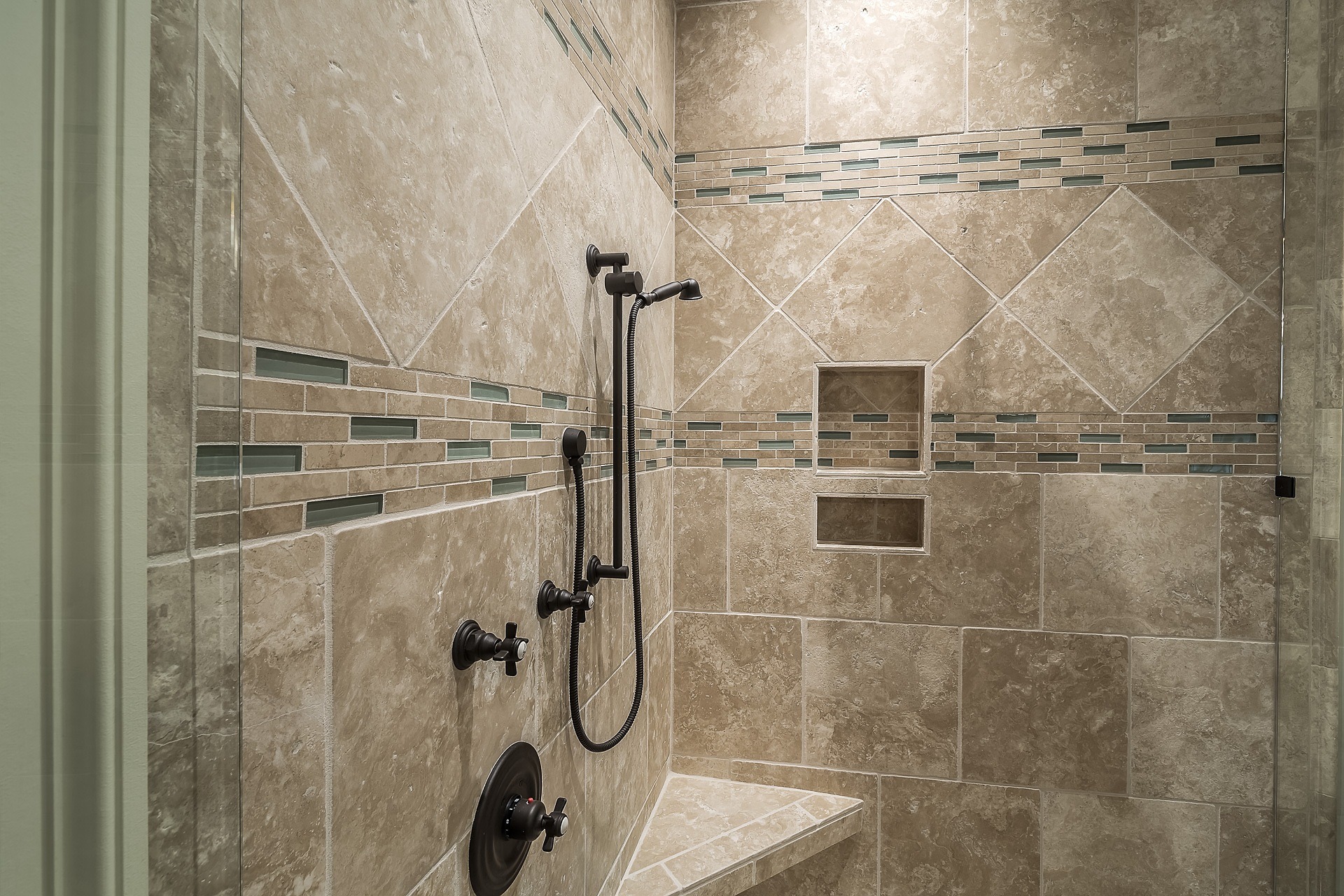What to Know About Dental Implant Costs and Affordable Alternatives
When considering tooth replacement options, dental implants have become increasingly popular due to their durability and natural appearance. However, the significant cost of implants leads many patients to explore alternative solutions. Understanding the available options, their costs, and long-term implications can help make an informed decision about dental restoration that fits both oral health needs and budget constraints.

How Do Different Tooth Replacement Options Compare in Function and Comfort?
Dental bridges offer a fixed solution by anchoring artificial teeth to adjacent natural teeth. They provide good functionality for chewing and speaking, though they may require modification of healthy teeth. Partial dentures, removable alternatives that clip onto existing teeth, offer reasonable comfort but may feel less stable than fixed options. Traditional full dentures rest on the gums and provide basic function, though they typically require adhesives and have a learning curve for speaking and eating.
What Are the Cost Ranges for Different Dental Treatments?
Single tooth implants typically range from $3,000 to $4,500 per tooth, while traditional bridges cost between $2,000 to $3,000. Partial dentures generally range from $700 to $1,500, and complete dentures cost between $1,000 to $3,000 per arch. Insurance coverage varies significantly among these options, with traditional dentures and bridges often receiving better coverage than implants.
| Treatment Option | Average Cost Range | Typical Insurance Coverage |
|---|---|---|
| Dental Implant | $3,000-$4,500 | 0-50% |
| Traditional Bridge | $2,000-$3,000 | 50-80% |
| Partial Denture | $700-$1,500 | 50-80% |
| Complete Denture | $1,000-$3,000 | 50-80% |
Prices, rates, or cost estimates mentioned in this article are based on the latest available information but may change over time. Independent research is advised before making financial decisions.
What Key Factors Should Influence Your Dental Replacement Decision?
Several crucial considerations should guide your choice of tooth replacement:
-
Oral Health Status: The condition of remaining teeth and jawbone affects treatment options
-
Longevity: Implants typically last 15+ years, bridges 7-10 years, and dentures 5-7 years
-
Maintenance Requirements: Consider cleaning procedures and replacement schedules
-
Lifestyle Impact: Think about speaking comfort, dietary restrictions, and social confidence
-
Financial Resources: Factor in initial costs, insurance coverage, and long-term maintenance
How Do Alternative Solutions Compare in Appearance?
Modern dental alternatives have made significant advances in aesthetics. Bridges can closely match natural teeth, especially with porcelain materials. High-quality dentures now feature realistic-looking teeth and gum tissue. While implants typically offer the most natural appearance, skilled dental professionals can achieve excellent aesthetic results with alternative options through careful color matching and customization.
While dental implants remain the gold standard for tooth replacement, alternative options provide viable solutions with varying benefits in terms of cost, comfort, and convenience. The best choice depends on individual circumstances, including oral health condition, budget constraints, and personal preferences. Consulting with dental professionals can help determine the most suitable option for specific situations.
This article is for informational purposes only and should not be considered medical advice. Please consult a qualified healthcare professional for personalized guidance and treatment.




